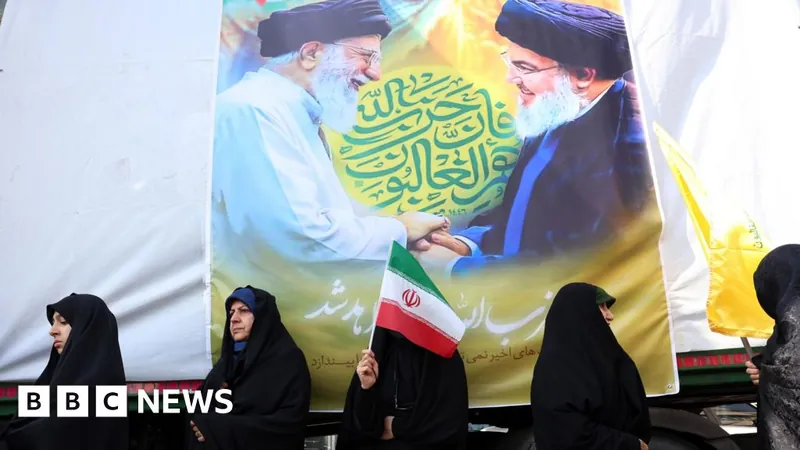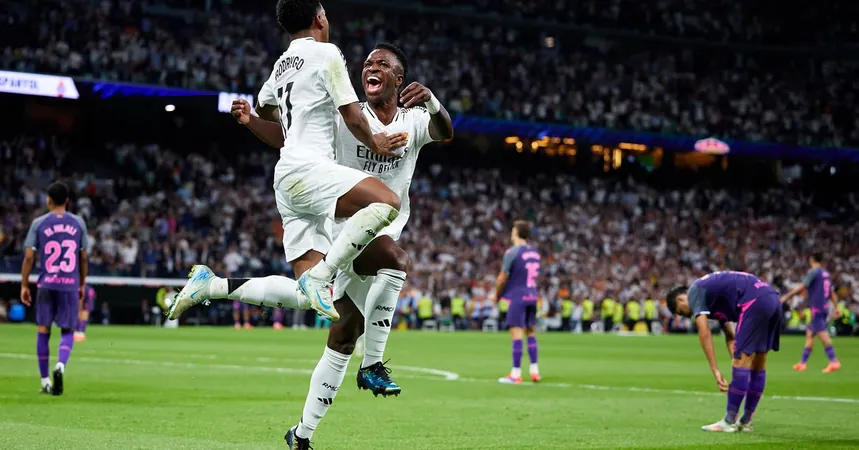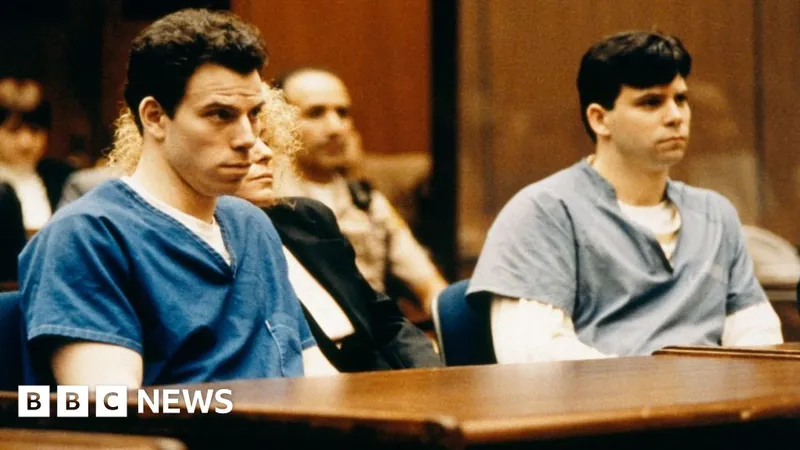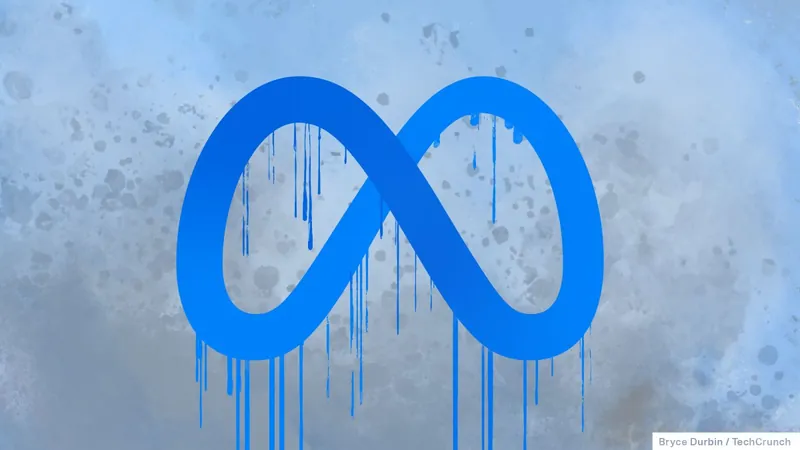
Iran's Dire Warning After the Death of Hezbollah's Leader: "No Blood Will Go Unavenged"
2024-09-28
Iran’s Reaction to Nasrallah's Death
In a dramatic escalation following the death of Hassan Nasrallah, the leader of Hezbollah, Iran's supreme leader, Ayatollah Ali Khamenei, has issued a chilling statement declaring that his death "will not go unavenged." This sharp reaction comes just one day after Nasrallah was reportedly killed in an Israeli airstrike in Beirut, igniting fears of a larger regional conflict.
Five-Day Mourning Period
The Iranian supreme leader announced a five-day mourning period for Nasrallah, whom he hailed as “a martyr” and emphasized that his ideology and influence would live on. Khamenei described Nasrallah as a 'path and a school of thought,' underscoring his significance within the Iranian and Lebanese political landscape. This sentiment reflects Iran's pivotal role in supporting Hezbollah, both militarily and ideologically.
Increased Tensions
Eyewitness reports and Iranian media confirmed that a general of the Iranian Revolutionary Guards was also killed during the Israeli strikes, raising the stakes significantly. Israel defended its actions by stating that Nasrallah had the 'blood of thousands on his hands' and claimed he was directing imminent attacks against Israel at the time of the airstrike.
Implications for Regional Security
For most analysts, the ramifications of this attack are steep. The Israeli military is on high alert as tensions rise in the region. Since the October 7 attacks and the subsequent war in Gaza, cross-border clashes between Israel and Hezbollah have become more frequent, leading many to believe the situation could accelerate into full-scale warfare. Experts suggest that the future trajectory of the conflict hinges significantly on Khamenei's forthcoming decisions.
Cautious Approach
Despite the heavy losses faced by Hezbollah, Khamenei has been cautious in openly vowing retaliatory strikes against Israel. There is a delicate balance at play; Iran appears determined to avoid a direct confrontation with its long-standing enemy, Israel, as indicated by its hesitation to respond forcefully to other provocations, such as the assassination of Hamas leader Ismail Haniyeh earlier this year.
Call for Support
Over the weekend, Khamenei called upon Muslims globally to support Hezbollah with their resources, while refraining from explicit vows of retaliation. He stated, “The fate of this region will be determined by the forces of resistance, with Hezbollah at the forefront," indicating a desire to rally support without escalating military tensions.
Khamenei's Security Measures
In a dramatic turn of events, Iranian sources indicated that Khamenei had relocated to a secure facility within Iran amid heightened security concerns. According to reports, Iran remains in close communication with Hezbollah and its other allies to strategize their next moves.
Israeli Airstrike Details
The Israeli airstrike on Friday targeted Hezbollah's key stronghold in the Dahieh suburbs of Beirut, with substantial damage reported to multiple structures. While Hezbollah confirmed Nasrallah's death, they did not disclose the full impact of the strikes nor address Israel's claims regarding the death of other high-ranking commanders within the organization.
Broader Regional Implications
As regional tensions continue to rise, Iran's support for Hezbollah, coupled with ongoing missile launches from the Houthis in Yemen aimed at Israel, reflects a potential for coordinated uprisings across the region. Recent air raid sirens in Tel Aviv following a missile launch underscored the immediacy of the threat, although the Israeli military successfully intercepted the missile.
Iran’s Reputation and Future Actions
Sanam Vakil, a prominent academic specializing in Middle Eastern affairs, has noted that Iran’s reputation among its allies has certainly taken a hit, suggesting that Tehran will seek ways to regain respect and assert power in the face of perceived humiliation. The potential for a multi-front response from Iran and its allies is becoming increasingly probable, with speculation that direct Iranian attacks against Israel could also be on the horizon.
Conclusion
The ongoing struggle between Israel and its adversaries highlights a precarious balance of power in the region, with each side preparing for further escalations. As the world watches closely, the fallout from Nasrallah's death could shape the future of Middle Eastern geopolitics in ways that are yet to be fully understood.



 Brasil (PT)
Brasil (PT)
 Canada (EN)
Canada (EN)
 Chile (ES)
Chile (ES)
 España (ES)
España (ES)
 France (FR)
France (FR)
 Hong Kong (EN)
Hong Kong (EN)
 Italia (IT)
Italia (IT)
 日本 (JA)
日本 (JA)
 Magyarország (HU)
Magyarország (HU)
 Norge (NO)
Norge (NO)
 Polska (PL)
Polska (PL)
 Schweiz (DE)
Schweiz (DE)
 Singapore (EN)
Singapore (EN)
 Sverige (SV)
Sverige (SV)
 Suomi (FI)
Suomi (FI)
 Türkiye (TR)
Türkiye (TR)